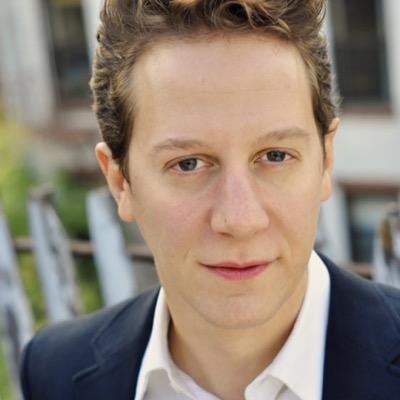Seth is the United Nations Liaison for the 2017 Nobel Peace Prize laureate, the International Campaign to Abolish Nuclear Weapons (ICAN), earning the prize for work on the Treaty on the Prohibition of Nuclear Weapons, adopted at the United Nations in July 2017.
Seth is a partner at the law firm of Farkas & Neurman, assisting a diverse array of companies and individuals in acquiring, protecting, enforcing, licensing, securitizing, and using copyrights, trademarks, domain names, and trade secrets. Before Farkas & Neurman, Seth spent about seven years at the law firm of Skadden, Arps, Slate, Meagher & Flom LLP, in their Intellectual Property and Technology Group, where his concentrations included intellectual property licensing; intellectual property aspects of corporate transactions; trademark, copyright, and right of publicity clearance, acquisition, protection, and enforcement; and copyright, trademark, domain name, patent, and trade secret disputes, administrative proceedings, and litigations.
Seth has held visiting professorships at the Cardozo School of Law (where he was also an Adjunct Professor), the University of Latvia (where he served as a Fulbright Scholar), and Toyo University (where he served as a Fulbright Specialist). Currently he is an Adjunct Professor at the City University of New York (CUNY) School of Law, where he focuses principally on intellectual property law.
In addition to serving on the Board of Directors for the Lawyers Committee on Nuclear Policy, Seth received his J.D. from the University of California, Berkeley, School of Law and his B.A., with Honors and Distinction, from the University of North Carolina at Chapel Hill.

